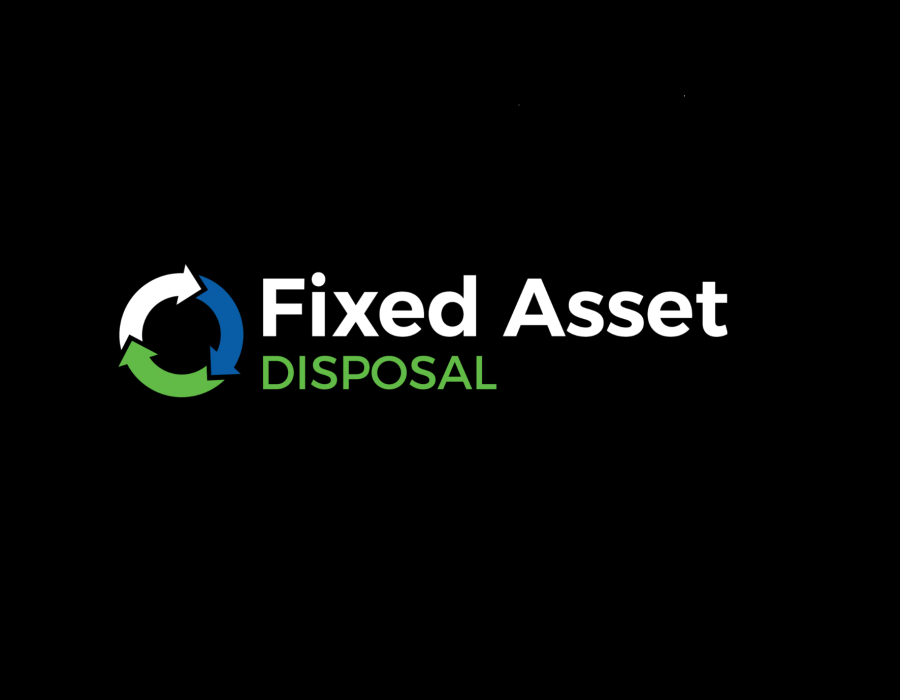In today’s fast-paced business environment, companies are constantly upgrading their technology to stay competitive. However, with each new upgrade comes the challenge of responsibly managing old and outdated computers. Effective computer recycling is not just an environmental responsibility but also a strategic necessity for businesses. Implementing best practices in computer recycling can help mitigate risks, ensure compliance, and support sustainability efforts. For businesses based in London, adopting these practices is crucial for maintaining both operational efficiency and environmental stewardship.
1. Develop a Comprehensive Recycling Policy
The first step for any business is to develop a clear and comprehensive recycling policy. This policy should outline procedures for the disposal of old computer equipment, including data destruction, recycling processes, and the roles and responsibilities of employees. A well-defined policy ensures consistency and compliance with legal requirements. It should also address how to handle different types of electronic waste, such as computers, monitors, and peripheral devices.
2. Ensure Data Security
Data security is a paramount concern when recycling computers. Before recycling any computer, it is crucial to ensure that all sensitive information is securely erased. This involves more than just deleting files; businesses should use data wiping software that meets industry standards for secure data destruction. For added security, consider physical destruction of hard drives. A reputable computer recycling London service can assist with secure data destruction and provide certification of destruction for your records.
3. Choose Certified Recycling Partners
Selecting a certified recycling partner is essential for ensuring that your old computers are disposed of responsibly. Look for recycling services that are certified by recognized organizations such as the Responsible Recycling (R2) standard or e-Stewards certification. These certifications ensure that the recycling process adheres to high environmental and ethical standards. A certified recycler will manage e-waste properly, avoid illegal dumping, and handle hazardous materials safely.
4. Emphasize Reuse and Donation
Whenever possible, consider refurbishing old computers for reuse or donation. Many charities and educational institutions welcome donations of used computers, which can extend the life of the equipment and benefit those in need. Refurbishing and donating not only supports social causes but also helps reduce the volume of electronic waste. Ensure that any donated equipment is properly wiped of data before being given away.
5. Implement Regular Audits
Regular audits of your company’s electronic waste management practices can help ensure that recycling processes are being followed correctly and identify areas for improvement. Audits should include an assessment of how well your recycling policy is being implemented, how effectively data destruction procedures are followed, and whether recycling partners are meeting their obligations.
6. Educate Employees
Education and training are crucial for effective computer recycling. Ensure that employees understand the importance of recycling and the procedures for handling old computer equipment. Provide clear guidelines on how to prepare computers for recycling, including data destruction and packaging. By fostering a culture of environmental responsibility, you can improve compliance and support your company's recycling efforts.
7. Track and Report Recycling Efforts
Tracking and reporting your recycling efforts can help measure the effectiveness of your recycling program and provide transparency. Maintain records of how much equipment is recycled, the methods used, and the outcomes achieved. Regular reporting can also help demonstrate your company’s commitment to sustainability to stakeholders and customers.
8. Stay Compliant with Regulations
Compliance with local and international regulations is a crucial aspect of computer recycling. In London, businesses must adhere to the Waste Electrical and Electronic Equipment (WEEE) Regulations, which require proper disposal of electronic waste. Ensure that your recycling practices align with these regulations to avoid legal complications and potential fines.
9. Promote Sustainable Practices
Beyond recycling, businesses should promote overall sustainability practices. This includes reducing electronic waste by optimizing equipment usage and extending the lifespan of devices. Consider implementing energy-efficient technologies and adopting a circular economy approach where possible. Sustainable practices contribute to long-term environmental benefits and can enhance your company’s reputation.
10. Leverage Professional Services
For businesses in London, leveraging professional recycling services can simplify the process and ensure that all best practices are followed. Professional computer recycling London services offer expertise in secure data destruction, environmentally responsible recycling, and compliance with regulations. They can manage large volumes of equipment efficiently and provide valuable support in maintaining your company’s recycling program.
Conclusion
Effective corporate computer recycling is essential for businesses to manage electronic waste responsibly and meet environmental and regulatory obligations. By developing a comprehensive recycling policy, ensuring data security, choosing certified partners, and implementing best practices, businesses can minimize risks and support sustainability efforts. For London-based businesses, professional computer recycling services offer a reliable solution for managing old equipment and contributing to a greener future. Adopting these practices not only helps protect the environment but also enhances your company’s reputation and operational efficiency.





Comments